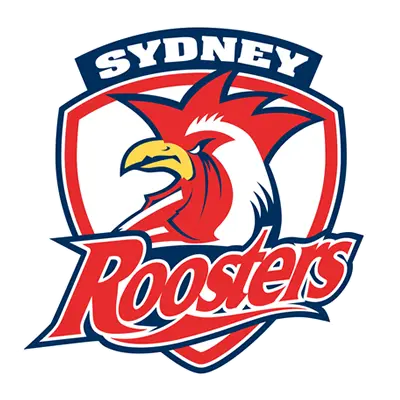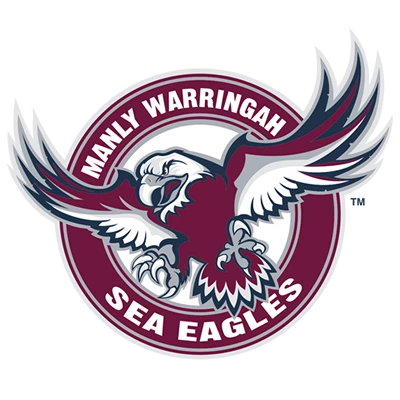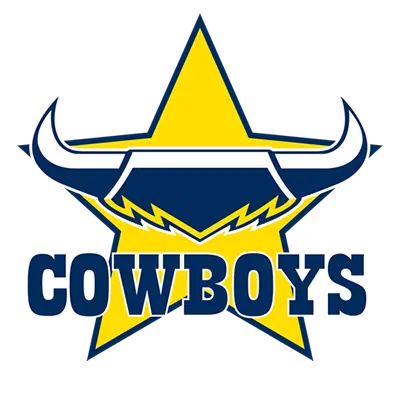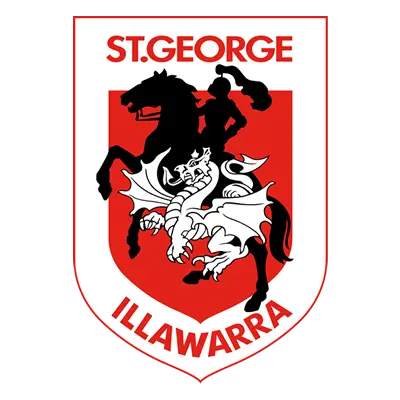This is the story Kenty was going on about tonight on NRL 360. But it’s hidden behind the paywall.
By Brent Read
The ARL Commission’s plan to explore expansion has taken another significant twist after it emerged it was locked in discussions with club chairs that could ultimately leave it with unfettered power to demand the relocation of distressed sides.
The Australian understands discussions over perpetual licensing agreements, which have been on hold for more than a year, have resumed in recent weeks just as debate over the relocation of clubs has started to heat up.
While the prospect of perpetual licences — effectively lifetime guarantees — would seem to be counterintuitive to relocation, it is understood as part of any deal, the commission would have more power than at any time in its history to dictate the future of clubs should they hit rocky financial waters.
It is also believed the ARL Commission would have more power to decide the owners of clubs should they be placed up for sale.
Ultimately, it could mean the commission has the power to influence the relocation of a club through a sale between private owners.
Negotiations over perpetual licences began when club chairs and the ARL Commission reached an agreement over the current funding arrangement more than a year ago.
However, they were put on the backburner and only recently were placed back on the table. As it stands, the clubs are only licensed to remain in the competition until the current broadcasting deal ends in 2022.
There is a view among clubs that perpetual licences would increase their value by guaranteeing their future in the competition, an attractive incentive to private owners who could ultimately look to cash in on their asset.
However, the handful of clubs who walk a financial tightrope each year could leave themselves vulnerable if they agree to the new conditions.
Several clubs have been forced to rely on the largesse of the commission in recent years but chairman Peter Beattie and chief executive Todd Greenberg have made it clear on more than one occasion that the commission will no longer support those in need.
Cronulla have been the club at most recent risk, their survival only guaranteed after they were forced to cut costs and rely on loans from directors and private backers. Only yesterday they confirmed a $40 million deal involving the development around their home ground as their long-term saviour, although the commission is likely to keep watching closely as it ponder its options for relocation.
Greenberg is in the process of reviewing expansion with a view to providing recommendations to the commission later this year.
Every avenue is expected to be explored as the game surveys its options, although the promise of perpetual licences will make it impossible for the commission to move any club unless they are under financial stress.
The only other option would be to place a pot of money on the table as an incentive for interested clubs. The NRL previously offered an $8m carrot to clubs to relocate, although it failed to pique any interest in an indication that it would need to up the stakes significantly to convince a club to pack up and move.
Future incentives could be linked to the broadcasting deal. For example, if the broadcasters were willing to pay an extra $50m a year to have a team in Perth and a team in Brisbane, the commission could look to place $20m or more on the table for a club to pack up and shift north and west.
Another option likely to be explored could result in clubs splitting their games between two cities. Wests Tigers, as an example, could be given a financial incentive to share their games between Sydney and Perth.
A host of parties have expressed an interest in housing an NRL franchise should the commission press ahead with expansion plans. It is understood the commission has already told Queensland Cup side Redcliffe to be at the ready in case an existing club falls over.
The mayor of Cairns has also held talks with Beattie and Greenberg as part of a bid that would result in Papua New Guinea joining the NRL.
Brisbane and Perth, however, remain the frontrunners should the NRL decide to expand, either through relocation or the addition of two new licences.

















